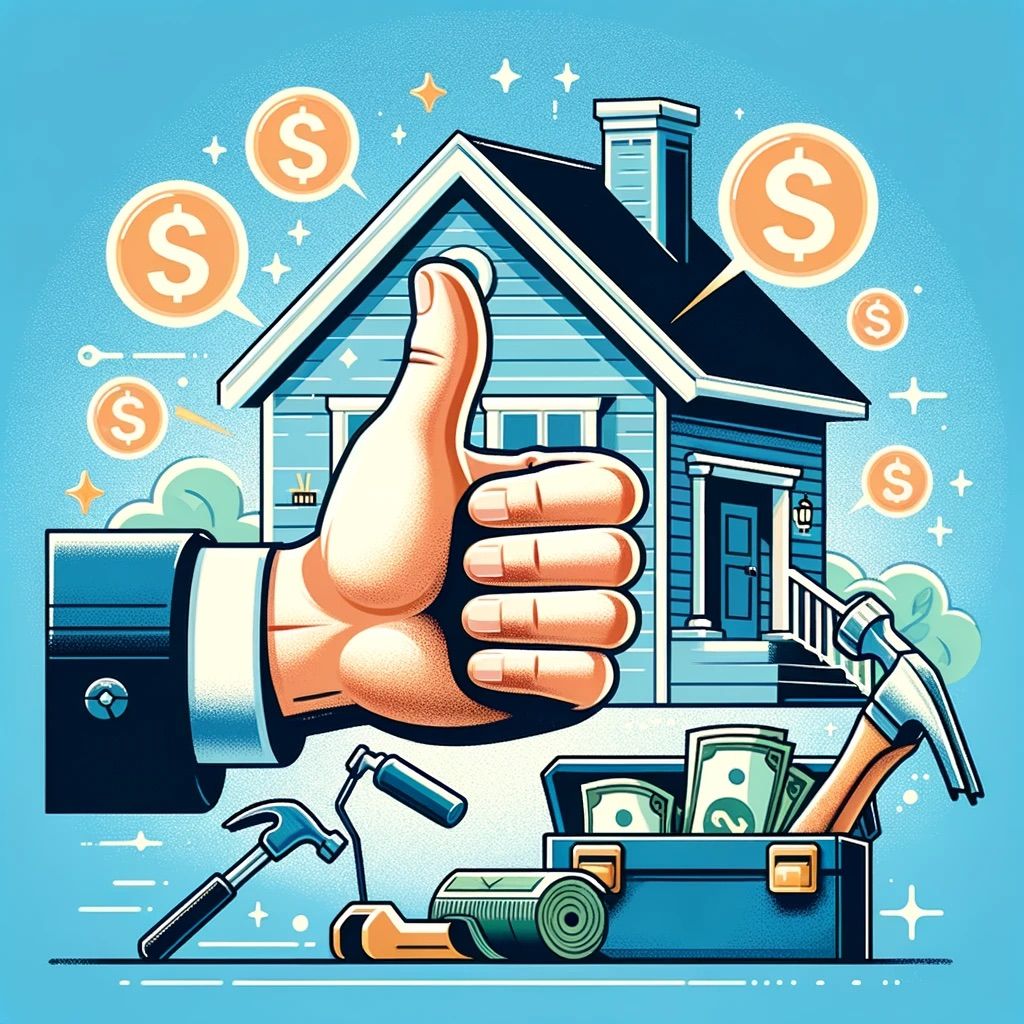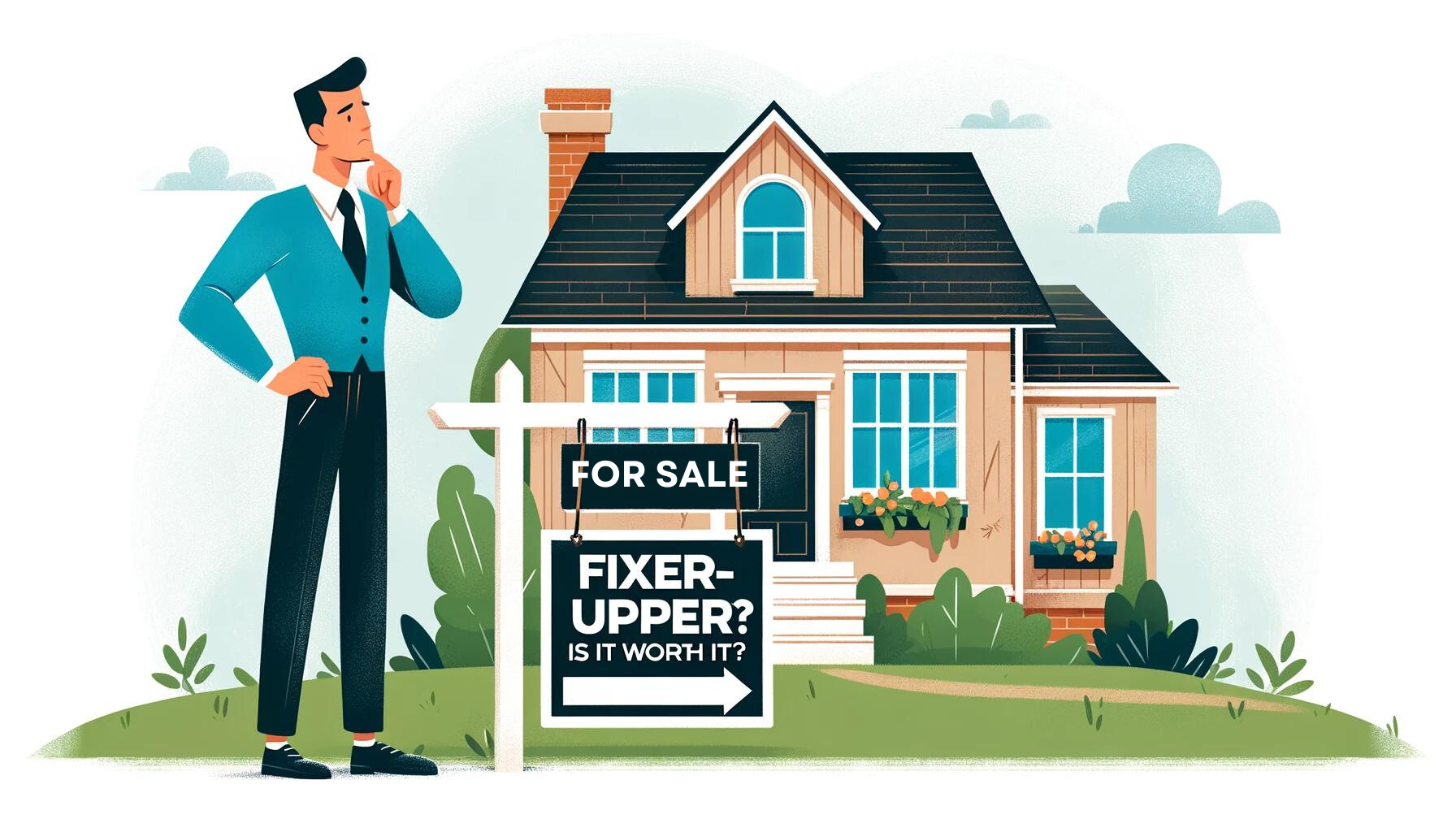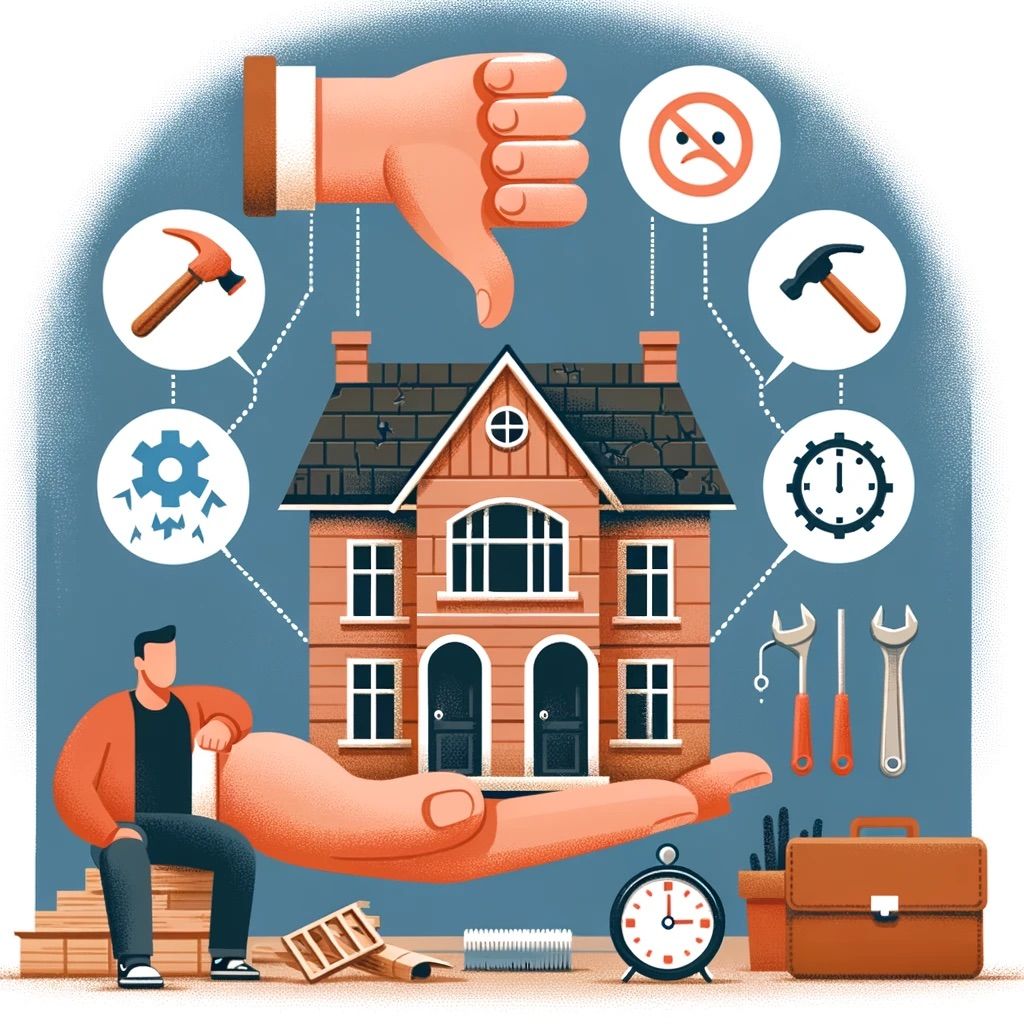Buying a home is one of the most significant investments you’ll make in your lifetime. While move-in ready properties offer convenience, fixer-uppers present an enticing opportunity for those looking to customize their dream home while potentially saving money. In this blog post, we’ll explore the pros and cons of purchasing a fixer-upper to help you determine whether it’s the right choice for you.
Pros of Buying a Fixer-Upper:

Potential for Increased Value
Fixer-uppers often come with lower price tags than move-in ready homes, offering the potential for significant value appreciation after renovations.
Customization
With a fixer-upper, you have the freedom to customize the property according to your preferences and needs, creating a home that truly reflects your style and personality.
Lower Purchase Price
The initial purchase price of a fixer-upper is typically lower than that of a move-in ready home, allowing you to potentially save money upfront.
Sweat Equity
By investing your own time and effort into renovations, you can build equity in the property and potentially increase its value over time.
Creative Freedom
Renovating a fixer-upper allows you to unleash your creativity and design skills, transforming the property into your dream home.
Opportunity to Learn
Taking on a fixer-upper project provides valuable learning experiences in home improvement, construction, and real estate investment, empowering you with new skills and knowledge.
Cons of Buying a Fixer-Upper:
High Renovation Costs
Renovating a fixer-upper can be expensive, especially if there are major structural issues or hidden problems that arise during the process.
Time-Consuming
Renovations often take longer than anticipated, delaying your move-in date and increasing carrying costs such as mortgage payments and utilities.
Unforeseen Issues
Hidden problems such as mold, water damage, or structural issues may emerge during renovations, leading to additional expenses and stress.
Financial Risk
Investing in a fixer-upper involves financial risk, as there is no guarantee that your investment will yield a positive return, particularly if the market conditions change.
Temporary Discomfort
Living in a construction zone can be inconvenient and uncomfortable, requiring patience and flexibility as you navigate the renovation process.
Resale Challenges
Some buyers may be hesitant to purchase a fixer-upper in the future, potentially limiting your pool of potential buyers when it comes time to sell the property.
Conclusion
While buying a fixer-upper offers the potential for customization, value appreciation, and personal satisfaction, it also comes with its fair share of challenges and risks. Before diving into a fixer-upper project, carefully weigh the pros and cons to determine whether it aligns with your financial goals, lifestyle, and renovation capabilities. With careful planning, budgeting, and realistic expectations, purchasing a fixer-upper can be a rewarding and fulfilling experience.

